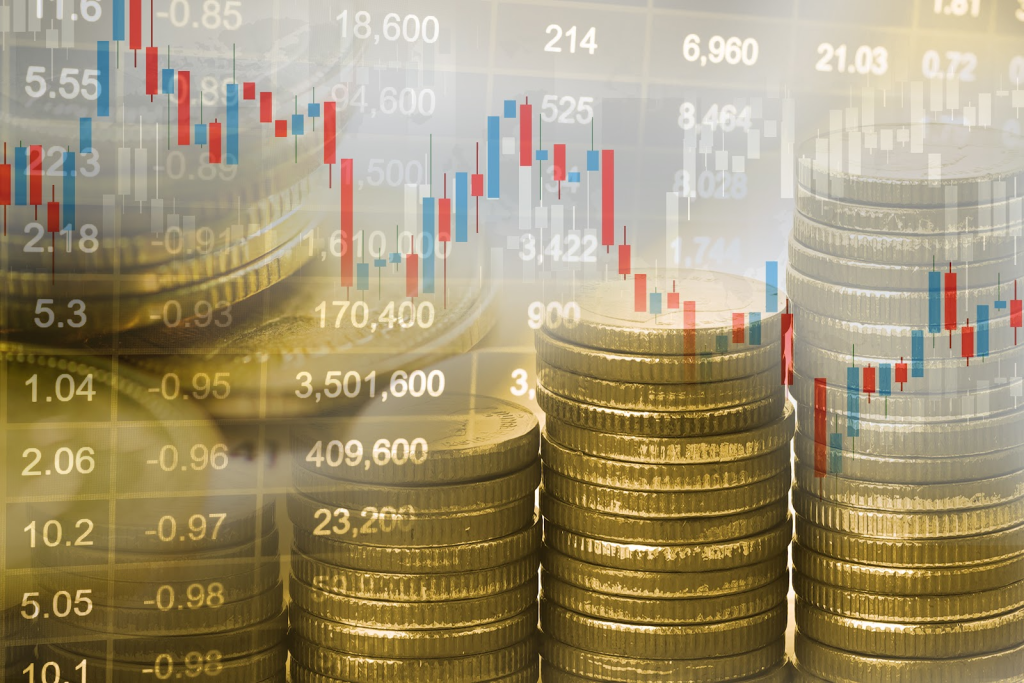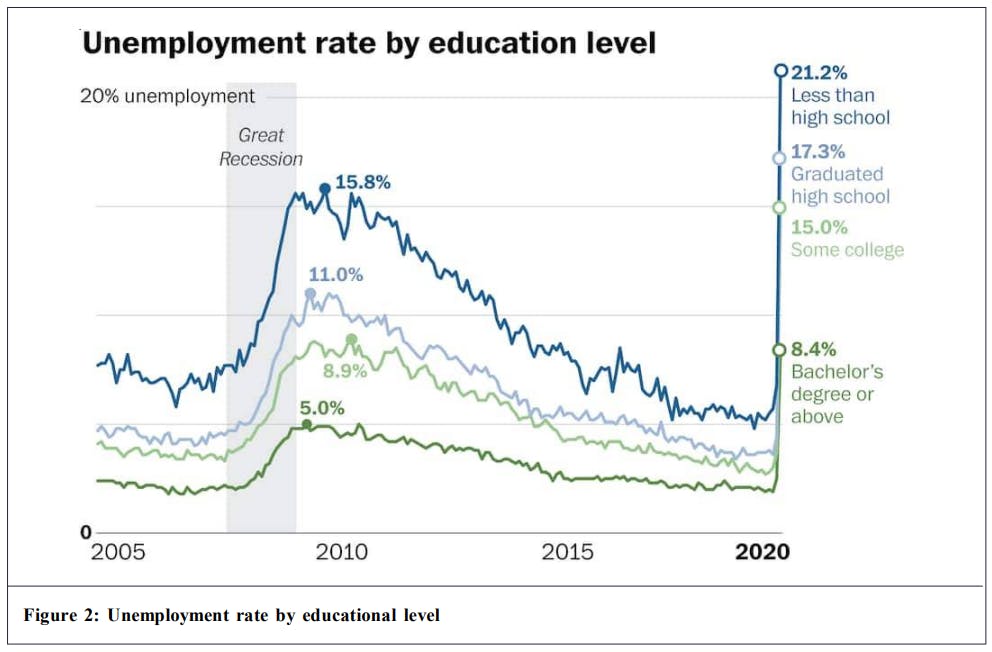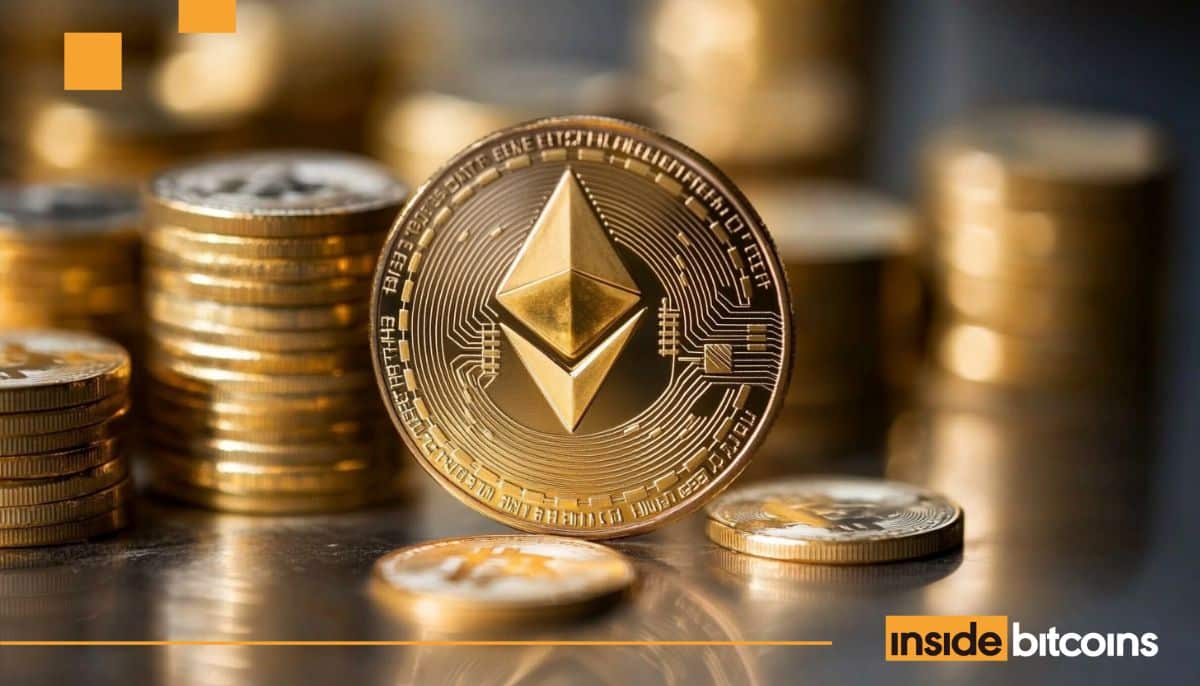Trump Pardons Binance Founder Zhao, Says He Was A Victim of Biden Administration War on Crypto


President Donald Trump has pardoned Changpeng Zhao, the founder of Binance, who previously pleaded guilty to enabling money laundering while leading the world’s largest cryptocurrency exchange.
The White House announced the decision on Thursday, marking one of Trump’s most controversial acts of clemency since returning to office.
The pardon came just two months after The Wall Street Journal revealed that the Trump family’s own cryptocurrency venture — which has generated about $4.5 billion since the 2024 election — had benefited from “a partnership with an under-the-radar trading platform quietly administered by Binance.”
Register for Tekedia Mini-MBA edition 18 (Sep 15 – Dec 6, 2025): registration continues.
Tekedia AI in Business Masterclass opens registrations.
Join Tekedia Capital Syndicate and co-invest in great global startups.
Register for Tekedia AI Lab: From Technical Design to Deployment.
White House Press Secretary Karoline Leavitt said Trump’s decision was part of his effort to reverse what she called the Biden administration’s “war on cryptocurrency.”
“President Trump exercised his constitutional authority by issuing a pardon for Mr. Zhao, who was prosecuted by the Biden Administration in their war on cryptocurrency,” Leavitt said. “In their desire to punish the cryptocurrency industry, the Biden Administration pursued Mr. Zhao despite no allegations of fraud or identifiable victims.”
Asked later on Thursday why he decided to pardon Zhao, Trump offered a brief response: “I don’t know, he was recommended by a lot of people. A lot of people say that he wasn’t guilty of anything. And so I gave him a pardon at the request of a lot of very good people.”

The clemency came less than a week after Trump commuted the 87-month prison sentence of former New York Congressman George Santos, who had pleaded guilty to wire fraud and aggravated identity theft.
In a post on X (formerly Twitter), Zhao expressed gratitude, calling the pardon a reaffirmation of “America’s commitment to fairness, innovation, and justice.” He added, “Will do everything we can to help make America the Capital of Crypto and advance web3 worldwide. Still in flight, more posts to come.”
Zhao’s pardon instantly reignited the political divide in Washington. Senator Elizabeth Warren, a prominent Democrat and ranking member of the Senate Banking, Housing, and Urban Affairs Committee, sharply condemned the decision.

“First, Changpeng Zhao pleaded guilty to a criminal money laundering charge,” Warren said. “Then he boosted one of Donald Trump’s crypto ventures and lobbied for a pardon. Today, Donald Trump did his part and pardoned him. If Congress does not stop this kind of corruption in pending market structure legislation, it owns this lawlessness.”
Zhao, popularly known as “CZ,” had pleaded guilty in November 2023 in a Seattle federal court as part of a $4.3 billion settlement with the U.S. Department of Justice (DOJ). As part of the plea deal, Zhao stepped down as Binance’s CEO. The company admitted to multiple violations, including operating an unlicensed money-transmitting business and breaching the Bank Secrecy Act and International Emergency Economic Powers Act.
Federal prosecutors accused Binance and Zhao of deliberately ignoring U.S. sanctions and anti-money laundering laws while profiting from the American market. “Binance prioritized growth and profits over compliance with U.S. law,” the DOJ said at the time.
Although prosecutors sought a three-year prison term, a federal judge sentenced Zhao to just four months in April 2024 — a lenient outcome that drew criticism from lawmakers and former Justice Department officials.
Leavitt, in defending Trump’s pardon, referenced that sentencing dispute, saying, “The Biden Administration sought to imprison Mr. Zhao for three years, a sentence so outside Sentencing Guidelines that even the Judge said he had never heard of this in his 30-year career.”
She added, “These actions by the Biden Administration severely damaged the United States’ reputation as a global leader in technology and innovation. The Biden Administration’s war on crypto is over.”
The pardon now sets a major precedent in the political treatment of digital assets. It also suggests that Trump’s administration is moving to position the U.S. as a global hub for cryptocurrency and blockchain innovation, potentially reversing years of federal hostility toward the sector.
Zhao’s legal troubles had long cast a shadow over Binance, whose dominance in the crypto exchange market was built on a rapid global expansion often criticized for sidestepping regulatory scrutiny. After his sentencing, Binance had been under increased oversight, particularly from U.S. regulators and European watchdogs pressing for stricter compliance measures.
Trump’s decision to pardon Zhao is expected to reshape the narrative around crypto regulation in America. It signals a more welcoming posture to digital assets under his leadership, especially after the Biden-era crackdown that saw multiple crypto executives charged and billions in fines imposed.
Some analysts believe that Trump’s gesture could embolden other crypto entrepreneurs who fled the U.S. regulatory environment during the previous administration.




